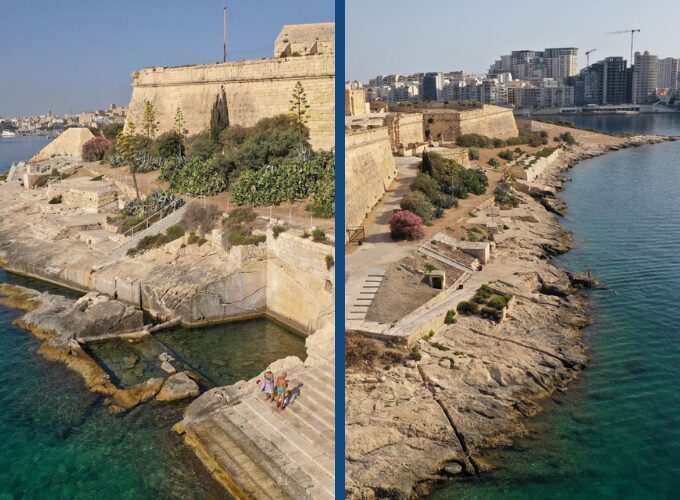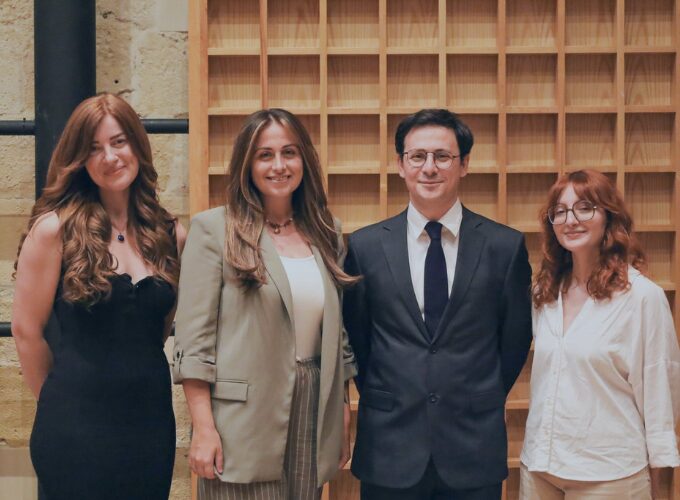MeetInc.
Malta’s leading television production companies have defended their use of the government’s 40% cash rebate scheme. MeetInc reached out to the producers behind high-profile shows like Big Brother, Love Island, Family Feud and The Voice Kids following reports that government had supported their production. Each company told this newsroom that the scheme is essential to sustaining Malta’s audiovisual sector, and that, without it, many of these productions would not be feasible.
According to a parliamentary reply provided by Minister Owen Bonnici this week, reality and game shows will have received up to €4 million in government rebates over the past two years. The rebate, administered by the Malta Film Commission, is designed to refund up to 40% of eligible local expenditure after a detailed audit. While it has traditionally been associated with foreign feature films – not without its own controversy – it was recently extended to local productions, a move that has triggered debate, particularly when applied to shows often categorised as “entertainment” or “reality TV”.
The figures have sparked fresh debate about the public value of such spending, particularly given the popularity and cost of foreign formats like Love Island, The Voice Kids, Malta’s Got Talent, Family Feud and MasterChef. But production houses involved say the scheme is a vital economic tool needed for Malta’s entire audiovisual sector to grow.
“This scheme has enabled the local TV industry to grow and has also improved the experience of the local TV viewer. It has also helped develop the skills of local crew,” said Anton Attard and Mark Grech on behalf of Greatt. They added that Greatt had only ever applied for assistance under the scheme in question and that the company had ever received any other form of state aid.
They said the first season of Big Brother had seen up to 250 individuals engaged in one capacity or the other. Martina Zammit, director at Media Exclusive, similarly pointed to over 1,000 professionals “including camera crew, editors, technicians and presenters” who have benefitted from the scheme. She stressed that the fund was an “investment in Malta’s creative and audiovisual sectors”.
Christian Gravina, co-founder of Media Exclusive, echoed this view, stressing that Love Island, Family Feud, and similar shows could not be produced in Malta without the scheme.
“The rebate enables us to pay better salaries, invest in new equipment, and offer training opportunities. Without it, we would likely move production to Cyprus, where they offer an even more generous rebate of 45%. That would mean far less work for the Maltese crew,” he said.
Rebates Paid Only After Audit
The producers said that contrary to some public assumptions, the funds are not paid upfront. Rebates are only disbursed after productions are completed, audited, and deemed compliant with the Film Commission’s eligibility guidelines.
“We first pay all expenses and submit documentation to the Commission and its auditors,” said Attard and Grech, which produces Big Brother Malta.
“There were instances where this audit process lasted for over a year. Only when the auditors approve everything do we receive the 40% rebate.”
Gravina added that funds for Love Island Season 1 have been received, but payments for subsequent seasons and Family Feud are still pending.
“Unlike other schemes, such as those offered by Malta Enterprise, the Film Commission’s audit is extremely rigorous. Even €1 is scrutinised. We believe we are among the most audited of any company receiving public funds,” Gravina said.
Public Value, Private Debate
Companies were also asked to respond to concerns that entertainment-based formats may not warrant the same level of state support as films or more culturally oriented productions.
“The level of work involved is quite similar,” Gravina said. “Although these are non-scripted formats, some of our shows take more than six months to produce. The quality we deliver would not be possible without the rebate.”
Greatt argued that the scheme has helped develop both local talent and audiences.
“These were formats local viewers were used to seeing only on foreign channels. Bringing them to Malta raised the bar,” they said. “Given the size small size of our market this scheme is crucial if we are to give audiences local versions of international formats. Without it we would be forced to stop most, if not all of the shows we produce.”
Grech and Attard recommended that policymakers “study the possibility of expanding the scheme”.
Still, some would argue that many other businesses also pursue creative or high-risk ventures that may not be financially feasible without support – yet do not benefit from comparable state aid. One could argue that the 40% rebate, while clearly impactful, is a substantial figure that raises legitimate questions about whether such a high level of public intervention is always justified.
On the other hand, the state has a clear interest in fostering skills, experience and economic activity in sectors like audiovisual production. These shows often act as training grounds for crew and creatives, creating a pipeline of talent that can support larger productions like feature films and international co-productions.
There is also a broader commercial dimension. Reality and entertainment formats, while sometimes dismissed as “trash TV”, serve as highly effective engines for digital engagement. They generate content, celebrities, and influencers – the same people brands increasingly rely on to reach audiences. In a digital-first economy, the spillover benefits of producing high-visibility entertainment locally can be considerable.
Still, questions around governance remain. While companies broadly welcomed the idea of more transparency, the discussion also touches on broader questions about public funding priorities.
“All businesses get government incentives in some form,” said Zammit. “We get support through the Film Commission. Others get it through Malta Enterprise. I do not see the difference.”
Gravina also expressed support for greater public awareness and open discussion around the scheme. “I believe the problem is that people are not aware of what the scheme is, and such discussions would raise more awareness,” he said.
But as the total rebate bill climbs – €143 million over five years according to previous disclosures – some observers are asking whether the balance between cultural value, commercial return and public cost is being struck appropriately.
For now, at least, the companies say the scheme is not just viable, but essential.
“If this scheme were to stop,” said Gravina, “the reality is we would struggle to keep producing at this level. This is not just support for production companies. It is support for hundreds of Maltese workers’ creative careers – and the wider economy.”
You Might Also Like

Latest Article
Rebate Only Way To Have Big International Shows, Producers Say
Malta’s leading television production companies have defended their use of the government’s 40% cash rebate scheme. MeetInc reached out to the producers behind high-profile shows like Big Brother, Love Island, Family Feud and The Voice Kids following reports that government had supported their production. Each company told this newsroom that the scheme is essential to … Continued
|
22 July 2025
Written by MeetInc.

Access to Manoel Island Foreshore Enhanced
|
21 July 2025
Written by MeetInc.

Creative Workers In Malta Get Union Backing Through New MEIA–Solidarjetà Partnership
|
21 July 2025
Written by MeetInc.










